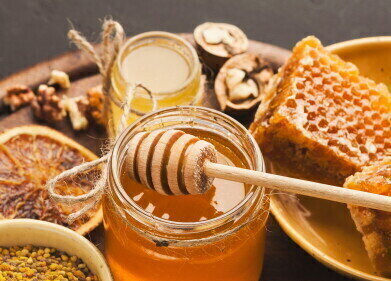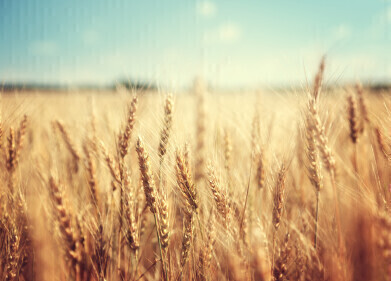LC-MS
Chromatography Finds Organic Onions Might Be Healthier
Jul 31 2017
The growth in sales of organic food in the UK has increased for the last five years. In 2016, the sales of organic foods increased by over 7% while non-organic sales declined according to a report by the Soil Association. The value of the organic market is estimated at over £2 billion — however, that is less than 2% of the total UK market in food and drink.
Now a study in the Journal of Agricultural and Food Chemistry — Higher Antioxidant Activity, Total Flavonols, and Specific Quercetin Glucosides in Two Different Onion (Allium cepa L.) Varieties Grown under Organic Production: Results from a 6-Year Field Study — has found that organic onions might offer more health benefits that non-organically grown onions.
Is organic really better?
There are many reasons why people buy organic food. One of the main drivers for organic food is that it is better for the environment as it helps to promote diversity in the habitats found on farms. There is also the debate about genetically modified foods and the harms they may or may not cause — GM is not allowed under current organic guidelines.
Many people are put off buying organic food because it costs more, and if you are feeding a family on a budget that is the main consideration each time you shop. Then there is the vegetable’s appearance. We are all used to our supermarket bought produce that is uniform in size, shape and colour — as consumers we are put-off from buying misshapen vegetables. And currently, the scientific consensus is not definitive in whether organic is better for our health than non-organic — so why pay extra.
Know your onions
But now a study by Irish scientists has added to the consensus that organic might have some health benefits — well, when eating onions that is. The study is one of the first multiyear studies comparing organically and conventionally grown crops. The researchers grew red and yellow onions over a six-year period in the same location, allowing them to factor in environmental elements such as the weather.
They freeze-dried the produce and then analysed the samples using chromatography and other techniques for flavonoid content. The use of chromatography to analyse vegetable extracts is discussed in the article, LC-MS/MS and GC-MS/MS Multi Residue Pesticide Analysis in Fruit and Vegetable Extracts on a Single Tandem Quadrupole Mass Spectrometer.
Organic healthier?
They found that the organic onions contained significantly higher quantities of two flavonoids that some studies suggest may offer some protection against illnesses like cardiovascular disease. The team suggest that the increased flavonoid content comes from the soil management techniques associated with organic farming methods.
As the organic plants grow they are stressed more as they undergo more microbial attacks that plants treated with pesticides. The organic plants must develop a defensive mechanism that might increase the flavonoid content. But does the difference amount to a health benefit?
The jury is still out on that one.
Events
Apr 22 2025 Kintex, South Korea
Analytica Anacon India & IndiaLabExpo
Apr 23 2025 Mumbai, India
Apr 27 2025 Portland, OR, USA
May 11 2025 Vienna, Austria
May 18 2025 Tempe. AZ, USA












